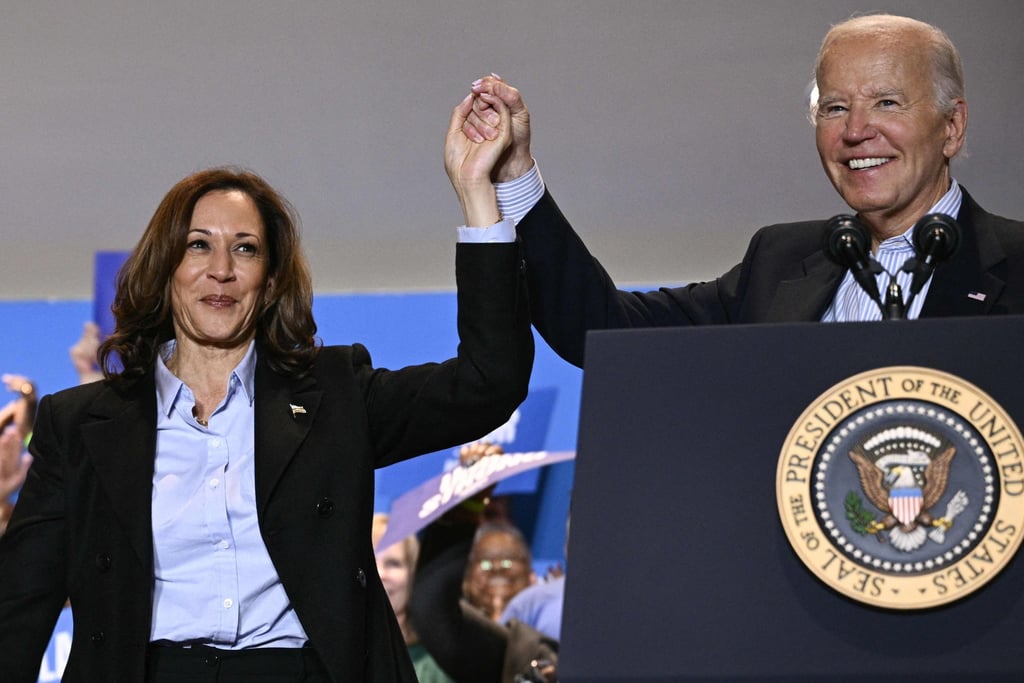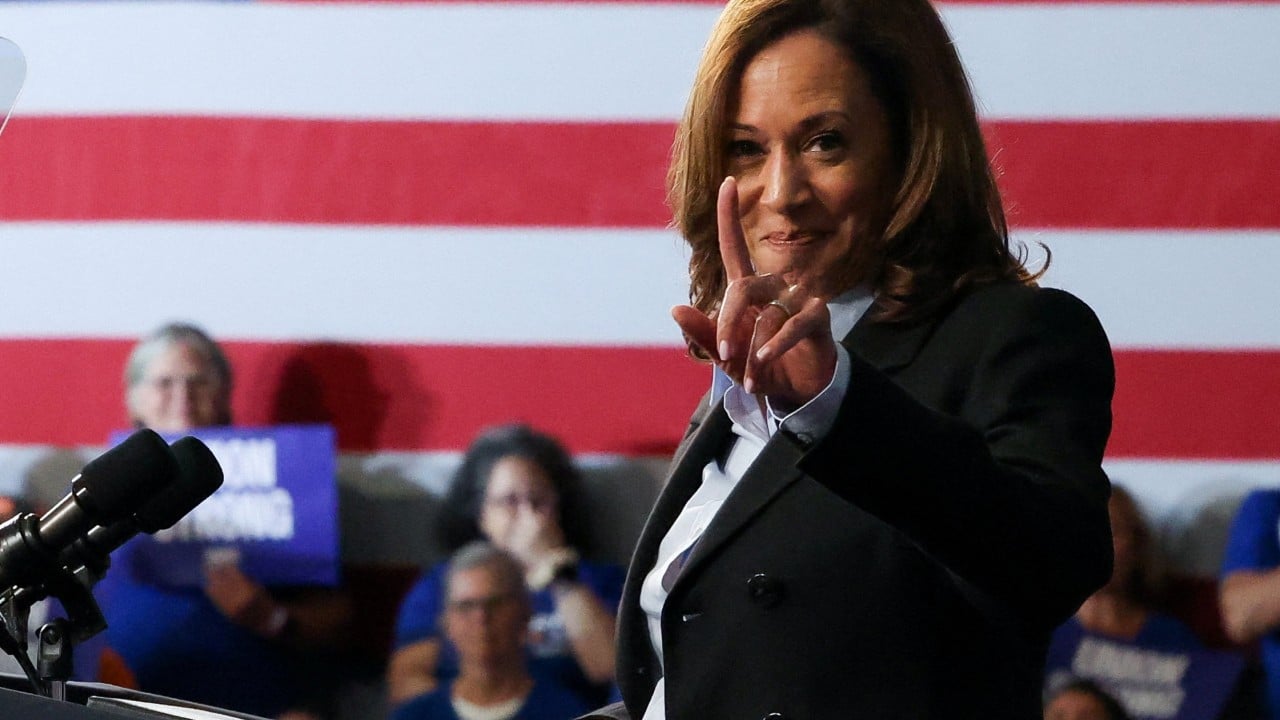As Kamala Harris enters the final weeks of campaigning for November’s US presidential election, she has seized a narrow lead in the polls, momentarily dimming the prospects of a Donald Trump comeback. In a race too close to call, Harris’ slight advantage has ignited hope among Asia’s policymakers and businesses for a future administration in Washington that favours continuity over chaos.
Advertisement
A second Trump presidency would almost guarantee the latter, given his well-documented volatility and habit of proclaiming often unworkable tariffs on imports. Experts warn the ex-president’s unpredictability poses significant risks for Asia and the global economy during a precarious period.
Harris, by contrast, is widely seen as the continuity candidate. She’s expected to carry forward the policies of her would-be predecessor, current Democratic President Joe Biden, including his tough stance on China – focusing on trade, the South China Sea and semiconductors, in particular.
Advertisement
Biden himself imposed a new set of steep tariffs on a range of Chinese imports earlier this year and Harris is forecast to maintain these – though she is not expected to implement the blanket 10 per cent tariffs on all imports that Trump has proposed.
Instead, her approach may strike a more nuanced balance between America’s strategic rivalry with China and its economic ties across the rest of Asia.


